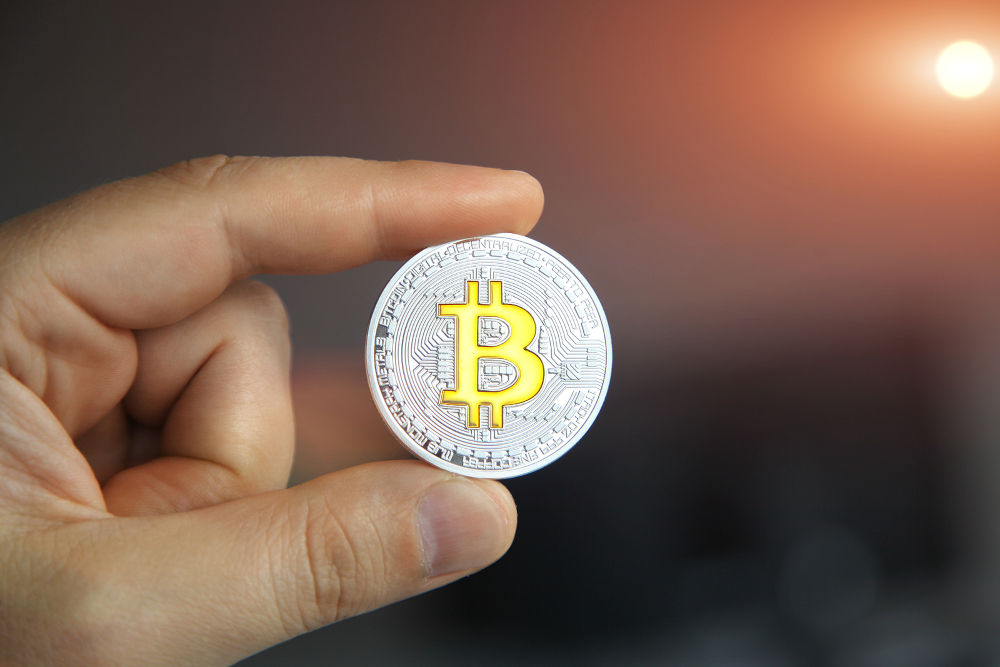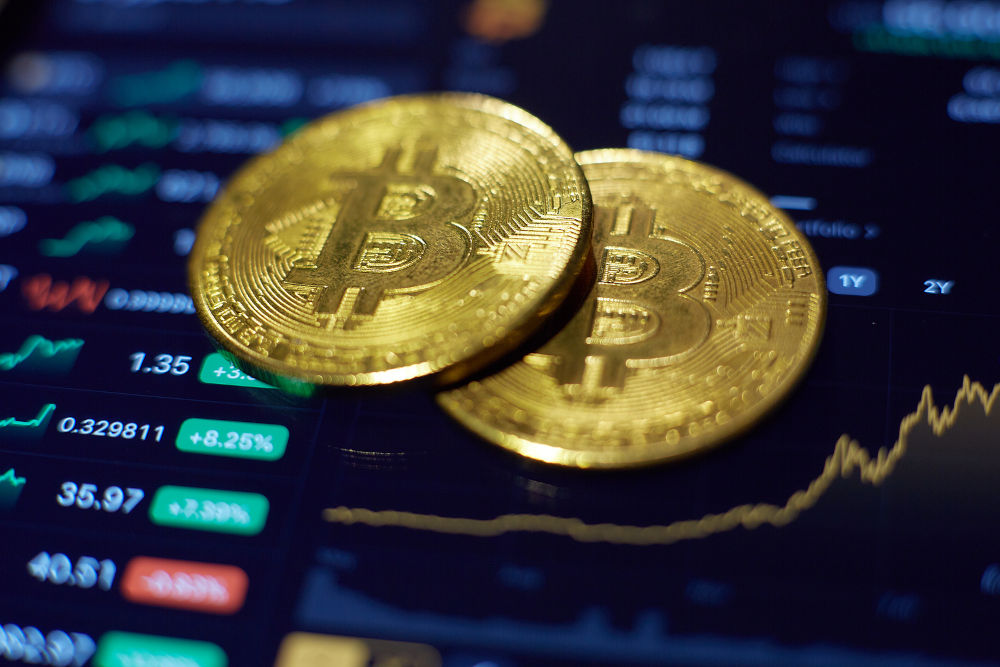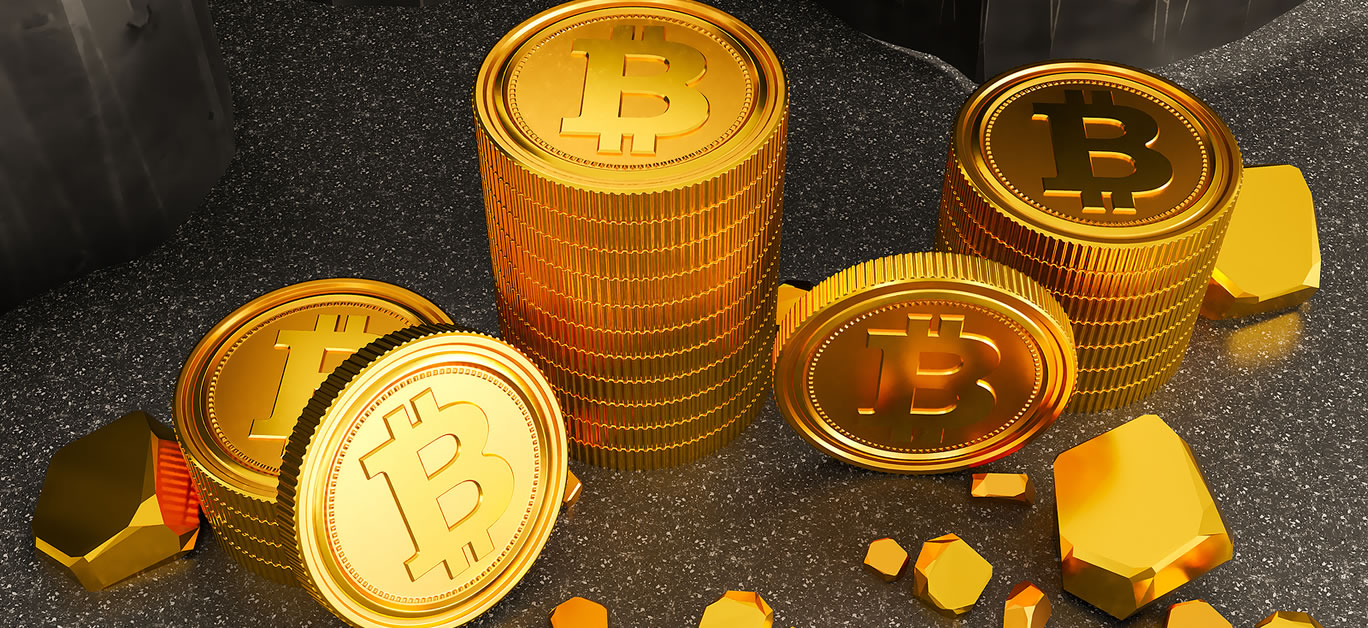Cryptocurrency has become one of the most popular investment choices in recent years, with everyone from complete amateurs to trading pros clamouring to plunge their money into the likes of Bitcoin, Ethereum and other popular alt coins in a bid to make some substantial long-term gains.
Now easier than ever for just about anyone to begin their crypto trading journey, thanks to the advent of platforms and crypto news sites like Bitcoin World Capital, a huge number of millennials and a growing segment of Gen Z-ers now hold portfolios – but after a turbulent year, it begs the question of whether all of that could be about to change.
But, despite the dramatic price plunges that have characterised 2022, a new global poll has revealed that more than two thirds of Bitcoin investors still say they have no plans to sell their holdings in the next five years.
A survey of cryptocurrency clients of deVere Group, one of the world’s largest independent financial advisory, asset management and fintech organisations, has found that 68 per cent of those questioned said they would ‘hodl’ for at least five years. ‘Hodl’ is a crypto slang term meaning to buy-and-hold and implies not selling when markets go down or become volatile. It originated from a typo of ‘holding’ as ‘hodling’ in a 2013 online post that went viral.
It’s perhaps unsurprising that many investors are planning on holding their ground, given that most go in knowing that the cryptocurrency market is typically volatile – and while some may hope to make a quick profit and thus feel panicked at substantial fluctuations in price, it seems that they are in the minority.

The 624 participants of the study are comprised of clients currently residing in North America, the UK, Asia, Africa, the Middle East, Australasia and Latin America.
Nigel Green, chief executive and founder of deVere Group, says that confidence in Bitcoin, in particular, appears to remain strong. He said: “The survey shows that despite coming 70 per cent off its historic all-time high last November, investors remain confident about Bitcoin’s future trajectory.
“Indeed, Bitcoin remains the best-performing asset class in the world and has consistently ranked amongst the best for both traditional and crypto investment sectors over the last few years.
“Over the past decade, crypto investments have yielded ten times the returns of the NASDAQ 100, so it’s easy to see why the decision about whether or not to hold firm on their investments is an easy one to make,” he added. “These hodlers will be aware that cryptocurrencies are set to play an increasingly dominant role in the mainstream global financial system in an ever-more tech-driven world.”
“They will appreciate the value of digital, borderless, global, tamper-proof, unconfistacable currencies.”
Other recent events might have also contributed to the survey’s findings, says the deVere CEO.
“News that highly influential crypto enthusiast and tech superstar entrepreneur Elon Musk would be buying – and now has bought – social media giant Twitter is likely to make people not want to sell their holdings.
“It’s a similar story with Michael Saylor. The CEO of MicroStrategy, who has spent almost $4 billion on Bitcoin, recently noted that the cryptocurrency is the only money that has the potential to align “all interests to focus on peaceful engagement, rational action, and productive industry”.
“Also, the soaring institutional investment is a huge sign that crypto is the future of finance and, again, this can be expected to cement individual investors’ convictions.”

An example of this increasing interest from institutional investors came in August when the world’s largest asset manager, with $10 trillion in assets under management, partnered with a crypto exchange to provide its clients with access to digital currencies.
More recently, Mastercard announced a service that allows banks to offer crypto trading. Meanwhile, Visa is to offer debit cards linked to users’ trading accounts.
Whilst the hodl strategy appears to remain as popular as ever with Bitcoin investors, Mr Green says it does not come without risk. “You may have to experience wild ups and downs of Bitcoin values, which means they should have much larger risk appetites than investors of conventional assets. You should have sufficient capital capacity to avoid forced sales to meet unexpected liquidity needs,” he explained.
In addition, says the deVere boss, investors should not become emotional about Bitcoin. “I’m a confirmed, long-time proponent of it. But Bitcoin should be treated as any other investment asset.”
He concluded: “Over time ‘hodling’ has proven to be a savvy strategy for Bitcoin investors. This makes sense as the cryptocurrency’s fundamentals are, in fact, becoming increasingly robust.
“The hodlers are likely to be rewarded in the near future as we expect the so-called ‘crypto winter’ is beginning to thaw.”
Disclaimer: Investing money carries risk, do so at your own risk and we advise people to never invest more money than they can afford to lose and to seek professional advice before doing so.






















